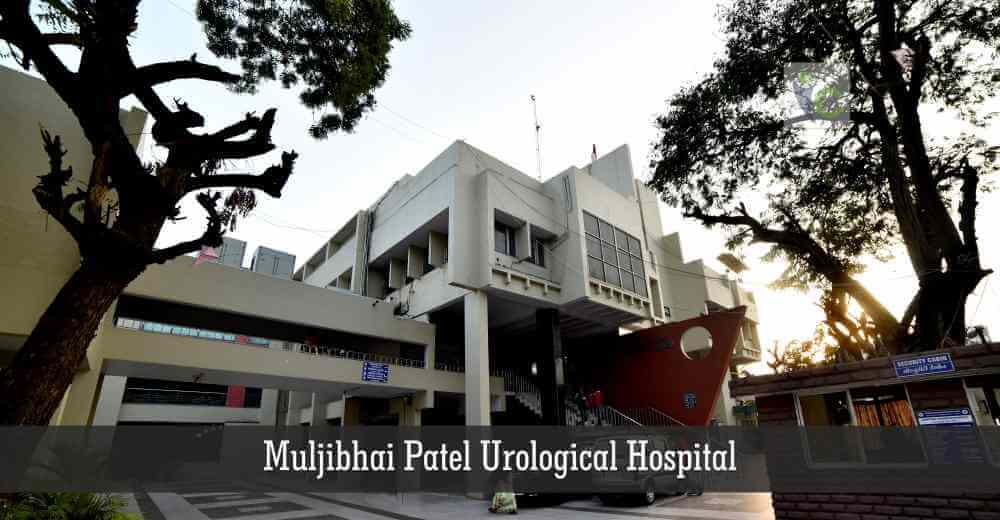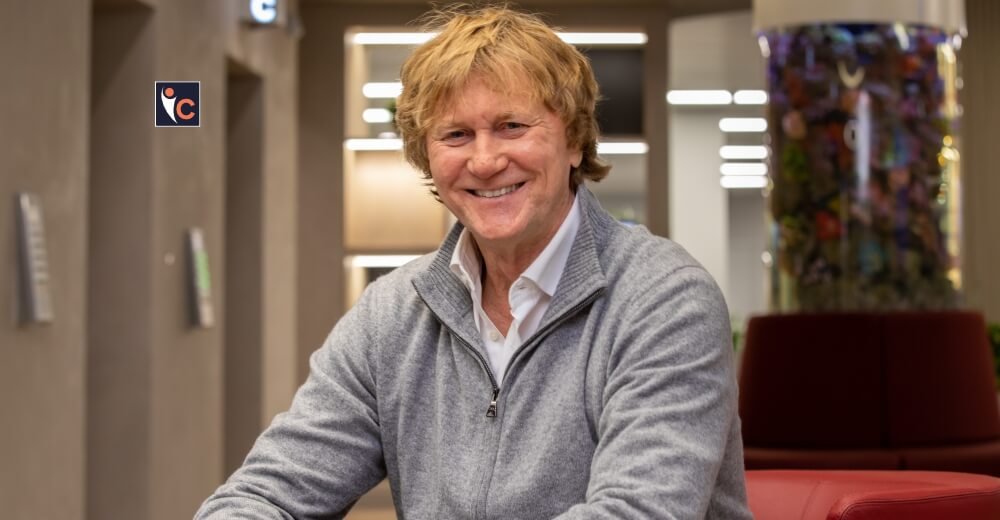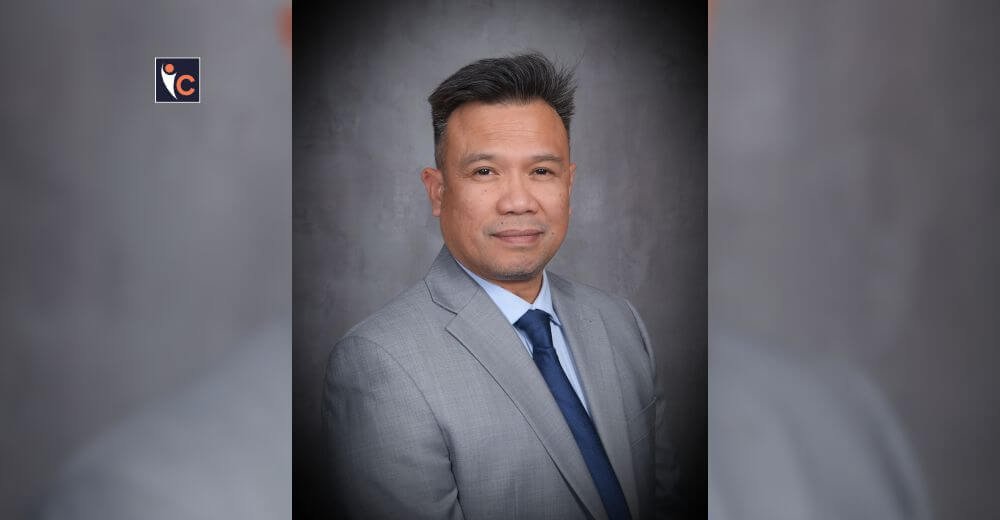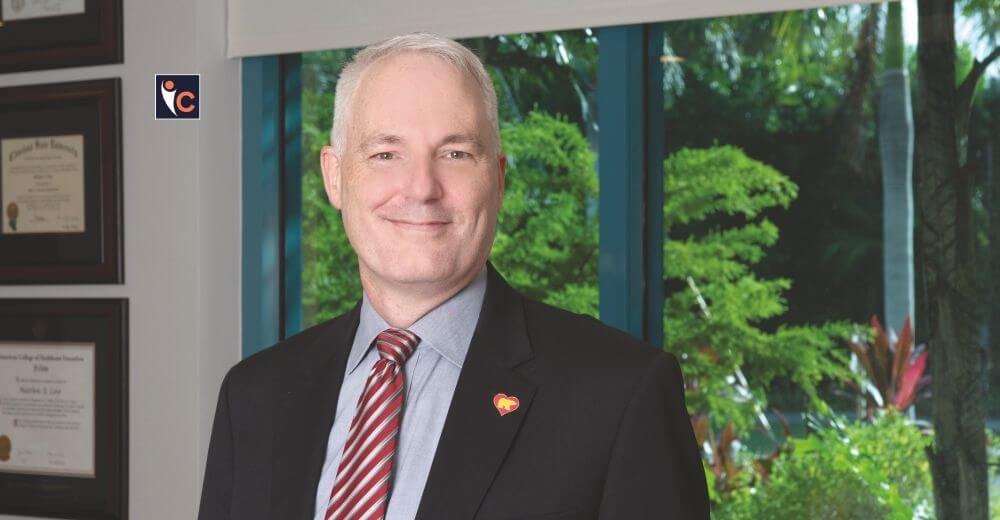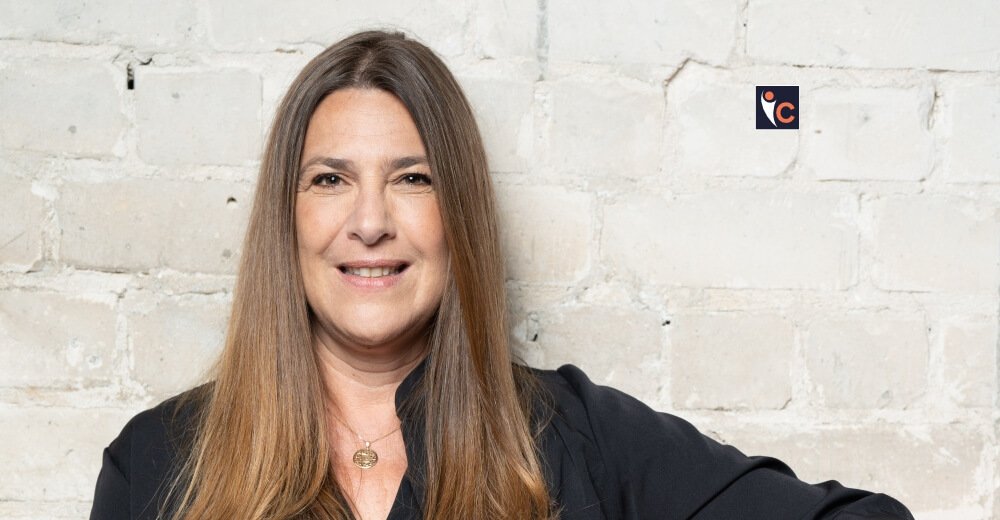Located in the cultural and historical city of Nadiad, Gujarat, Muljibhai Patel Urological Hospital (MPUH) is one of the leading transplant centers in India and world-wide. The institution was created keeping in mind the absence of facilities to treat patients in a private practice in the area and a dream to establish a center that could do justice to the needy population with highest degree of care. The founding team comprised of Dr. Virendra Desai, Urologist, and philanthropist Shri Jayaramdas Patel. They were ably supported by Shri Occhavlal Parikh and Shri Prahlad Patel.
Dr. Desai sacrificed his overseas luring future to come back to his home town and utilize the acquired talent to benefit his own people, which lead him to this establishment. Shri Jayaramdas saw it as a tribute to his father Shri Muljibhai Patel. The dream took form and the hospital was inaugurated by the then President of India ‘Shri Neelam Sanjiva Reddy’ on 19th March 1978.
It’s Team Its Strength
MPUH is built on the shoulders of stalwarts; a remarkable group of professionals for whom MPUH is not just a way of life, it is their life. Passionate about their work and unified by a common purpose, they have made the town of Nadiad their home. Acknowledged and appreciated by industry professionals, their impact on their fields of expertise is world-wide.
Upon the untimely death of Dr. Virendra Desai within two years of the Hospital’s establishment, it was the determination and passion of the Founding Chairman, Shri Jayaramdas Patel which made their shared dream a reality. Today, the Board of Trustees is headed by Shri Rohit Patel, Chairman, who remains active and committed to the vision of the founders.
Dr. Mahesh Desai, Managing Trustee (MPUH) & Director (JPAC), has completed his MS, FRCS and FACS; and is an internationally acclaimed surgeon. Dr. Mohan Rajapurkar is the Director, Postgraduate Studies & Research, MPUH Member, Board of Governors, MP Society for Research President, Indian Society of Nephrology. Dr. Sishir Gang, Chairman, Department of Nephrology, has completed his MD, DM, and DNB. Dr. (Col) AK Rastogi, the Medical Director, has done his MD in Hospital Administration. Dr. Ravindra Sabnis, is the Chairman, of Department of Urology, and has done his MS, MCh. Dr. Deepak Mistry, is the Senior Consultant Anesthesiologist, has completed his MBBS and DA.
Dr. Desai’s inspired leadership has established MPUH’s reputation as a quality center for healthcare, education, and research. He has published 197 scientific papers in national and international journals, delivered 250 workshops, and contributed to more than 39 books. Under his guidance 111 courses in different sub-specialties of Urology have been conducted, benefitting over 7518 delegates at MPUH’s academic center. JPAC has over 620 presentations to his credit. Dr. Desai has been conferred the ‘Dr. BC Roy award,’ India’s highest recognition for the medical fraternity, and served as President of the World Endourology Society, the Society International d’Urologie, the Asian Society of Endourology, and the Urological Society of India. He has been bestowed with several honors.
Dr. Rajapurkar is an expert in the management of kidney failure and dialysis. He leads MPUH’s Interventional nephrology practice of renal angiography and angioplasty. He has also been bestowed with the prestigious ‘Dr. B. C. Roy National Award’, ‘Development of Specialties’ and has received several oratory honors, which include the M. D. Motashaw Memorial Oration, the Dr. JCM Shastry Memorial Oration, and the Dr. Vidya Acharya Oration Award amongst several others. Dr. Rajapurkar’s present field of active research is Renovascular disease. His invention on Methods and Kit for Early Detection of Acute Coronary Syndrome and prediction of adverse cardiac events has been patented in the US and Europe.
Dr. Rastogi has a rich experience of 32 years of serving in the Armed Forces as Medical Officer and Hospital Administrator. He has commanded a 200 bed General Hospital in Operational Area of J&K and UN Level-III hospital at Democratic Republic of Congo. He has also held managerial appointments in various medical logistic establishments. His special interest has been equipment utilization and HR management.
Journey of the Hospital
The main reasons for establishment of Muljibhai Patel Urological Hospital were the strong prevalence of stone diseases and patients reporting in advanced stages with complications. There was lack of infrastructure, equipment, and trained team in the area. Stone disease is global, affecting every one, irrespective of geographical area, race, color, age, and sex. It is commonly a recurrent disease, which if not detected in time could lead to renal failure. The treatment for this was neither affordable nor available that time.
Several doctors believed in the Hospital’s vision and joined hands to the cause, like Dr. Harshad Gandhi (Cardiologist), Dr. Pradeep Desai (Pathologist), Dr. Rajendrabhai (Orthopedic), Dr Nalini Desai and Dr. Meenaben Shah (Anesthetist). All his friends supported the idea of hospital. But his struggle did not end there as the hospital needed an Urologist and Nephrologist, so he directly approached many of them.
There are many charitable ‘Not for Profit’ hospitals doing minor and major simple surgery, giving relief to patients. But, for major diseases, patients had to travel long distances like Mumbai (costly) or Vellore or Chandigarh (affordable). Initially Muljibhai Patel Urological Hospital started with whatever prior knowledge the team had gained in UK; Prostate surgery, Stone surgery, etc. Since both Dr Virendra Desai and Dr Mahesh Desai were trained by the same teacher, they teamed up well. Speaking about the patient care, Dr. Desai asserts, “Most of the major surgeries we used to do together, giving more care to the patients. All visiting urologist contributed workwise.”
This success was not limited to the beginning and with the urge to do something more for its patients, Virendrabhai wanted to do what was not done before. “For end stage kidney failure some temporary hope was created by two dialysis machines and Dr. Rajapurkar, but after that what? Acute kidney failure would 90% get better especially in young and fit people,” says Dr. Desai. “But serious patient would require permanent solution, like Kidney transplant.” This urged him on and he finally announced his plans for setting up a renal transplant section. The team was shocked but equally enthusiastic towards the idea. He sent Dr. Rajapurkar and Dr. Advani to a Center in Denmark and took other supportive staff to UK, USA to get trained in management.
After returning from training the duo was convinced that they could do it. Owing to this the first transplant was conducted in April 1980, only two years after the hospital’s inauguration. For successful procedure surgery is only one part, but the other part was complete care from supportive services of the hospital. “The success of transplant boosted our moral, as we did it in small place Nadiad, with breaking news all over,” asserts Dr. Desai.
Single Super Specialty with Focus on Urology and Nephrology
Over the years there has been paradigm shift in management of MPUH, the transplant technique has improved, early diagnosis, better infection free dialysis, and better operating technique are now the corner stones of the hospital. It has shifted from open to Laparoscopic to Robotic surgery aiming to reduce morbidity, early recovery. “We had difficult task of balancing care vs. cost involved, but the management always supported in not to compromise care,” says Dr. Rastogi.
The second major area it focuses on is urinary stone, “We live in endemic area, and 48 percent of our operating work is for stone. Before 1985 we had developed excellent way to treat the stone, known as ‘Aanotrophic Nephrolithotomy’, complete clearance, no bleeding under renal Hypothermia (cooling the kidney and occluding the blood vessel). But open surgery had its own slow recovery,” says Dr Mahesh Desai.
There was technological explosion in 1980, the hospital waited to evaluate its merit and it debated the cost effectiveness, before adopting PCNL and Rigid Ureteroscopy in 1985. It is the 2nd in India to do PCNL and 1st to do Ureteroscopy. “Today, I feel proud to say we are considered in top ten institutes for renal stone and our Chief Urologist is one of the top 10 Urologists for stone disease,” says Dr. Rastogi. It has one of the largest numbers of stone treatments.
Endoscopic surgery has replaced open surgery, for BPH, Ureteroscopy for bladder, Laparoscopic for kidney, ureter, bladder, and adrenal gland; for benign as well as malignant urological surgery. Further keeping pace with modern technology, MPUH has bought a Robotic Surgery Unit in 2010. Most of cancer surgeries are done by this Robotic unit. The hospital has also developed other branches like Andrology, Pediatrics, female Urology, Oncology, and Intervention Uro-Nephrology. One of the significant adoptions by MPUH is the Ultrasound in Renal disease diagnosis giving prompt and accurate diagnosis, more precise biopsy thereby improving the ability of renal clinician. In transplant care, its Nephrologists are very active in starting new, better, and appropriate immunosuppressive regime. The hospital has a five year survival rate of 87 percent.
The Robotic Surgery Centre
The Robotic surgery center was set up in 2010 at MPUH. A notable alumnus Dr. Mihir Desai, who graduated from MPUH as Urologist, went on to learn Laparoscopy to Cleveland.. While learning Laparoscopy he learnt Robotic surgery, he urged MPUH to buy a robotic surgery unit, as he felt that is future in Urology. The Chairman, Shri Rohitbhai readily agreed, although the cost was 12 crores.
The hospital is dedicated to providing this far superior application and the patient outcomes have improved, morbidity has decreased, patients go home early. Since it is a very costly process, the hospital is in loss; in spite of this it has done 1250 surgeries. MPUH offers the surgery, if needed, to all patients irrespective of affordability and supports them through subsidizing.
There is no doubt; robotic surgery has more precision and minimal invasion. It is primarily used for Prostate Cancer, Partial Nephrectomy, Bladder Cancer, and selectively in other cases, where Laparoscopy may not offer same results. With this technology, it is doing the work of healing countless patients.
Poised to Serve both Students and Patients
Having worked in this field for 10 years, MPUH realized that it has large volumes of knowledge and have adopted the most modern treatment. Seeing this change the seniors advised that, “We should use this for our students to specialize in urology and nephrology, so they do not have to run around. We fulfilled all the requirements.” This was also aided by addition of Dr. Sharad Bapat, as Senior Urologist and Dr. Vidya Acharya, as Nephrologist.
Since the beginning of the Postgraduate program, it has trained 124 students. But, since this addition the atmosphere changed making it more academic and more scientific evidence based. It increased the hospital’s standard of care. “We published our results in National and international Journals. Our work was recognized world over,” says Dr Mohan Rajapurkar.
The National Board of Examination has recognized MPUH’s work and has given it six seats per year now. Presenting the academic section of MPUH, he proudly asserts, “We organized two world congresses that increased our potential, inspired by that we built separate center for teaching and training ‘Jairamdas Patel Academic center’ (JPAC). We also got two international fellowships from Word Endourology Society.”
JPAC has unique concept. In 21st century teaching and training has become different as the methodologies have under gone tremendous change. The hospital has equipped itself to keep up with these trends and provides numerous training opportunities to its students:
- It has created a well-equipped library with latest books and journals. It is open for 24 hrs. It has 6 stations for internet access. So, this allows a holistic knowledge acquisition opportunity.
- It has created a training Lab equipped with modern methods to acquire different types of skills. These can be gained using a Lab Model, Simulators, and after certain expertise acquisition, students can operate on animal models to become more skillful.
- There are various classrooms with modern audio-video facility for dispersion of knowledge
- MUPH has the most modern well equipped Auditorium for conferences, in-house as well as distant learning using web casting
Muljibhai Patel Urological Hospital Integrating Technology
When the hospital started it was more of clinical judgment rather than technology. Soon, it realized the need of technology, from treating every complication to predicting it; from preparing patient for transplant to evaluating donor for suitability and long-term survival, every step leverages technology. In this regard, the hospital improved its dialysis, tissue match technique, thorough evaluation of donor anatomy not only for suitability, but also with a view that it will not harm the donor.
The hospital provides Immunological profile assessment that helps prevent any rejection and with a marginal donor, it gives proper pre-transplant treatment. With the help of Ultrasound, MPUH expedites graft biopsy, so timely treatment can be given. It has USG in transplant ward so that clinical exam & USG exam can be done frequently. Further to improve its outcome, the hospital has documented everything to even predict the minute changes that occur. The protocol includes care at isolation ward, special nursing, frequent check for infection. Every week the team discusses all the clinical events of transplant cases in a formal meeting, presenting another epitome of its team work.
Financial Aids
MPUH is a charitable “Not for Profit” hospital where surplus is reinvested in hospital infrastructure. A patient has three choices to choose from, Special Room, Semi Special Room, and subsidized General Ward. The needy patients are evaluated by its Medical Social Department and given up to 20% free ship. Some of the patients are treated absolutely free. The hospital advises its patients to buy generic medicines. The MSW department, headed by a dedicated and experienced social worker Dr Sujata Rajapurkar, collects donation for them. Speaking of the donation process, Dr. Sujata Rajapurkar says, “After the treatment we provide details to the donor, how have we utilized their donation. Donor is also informed regarding progress success or otherwise. Sometimes we ask patients to write to them.”
The patients in subsidized General Ward receive the same treatment without compromise. Semi and special room being for the affordable category are charged more than the general wards. The excess costs take care of the poor patients. All patients, irrespective of category, get best of MPUH’s ability without difference in treatment.
MPUH has made India proud and put the town of Nadiad on the world map for kidney care. Its impact reaches all corners of the country and the globe. The hospital believes it can continue its good work only if supported by philanthropic persons and organizations. It invites visitors to see its facilities first-hand and welcomes partnerships with corporates as part of their CSR programs. No donation is too small and every donation is invested keeping in mind the guiding philosophy – Every Life Deserves World Class Care.






